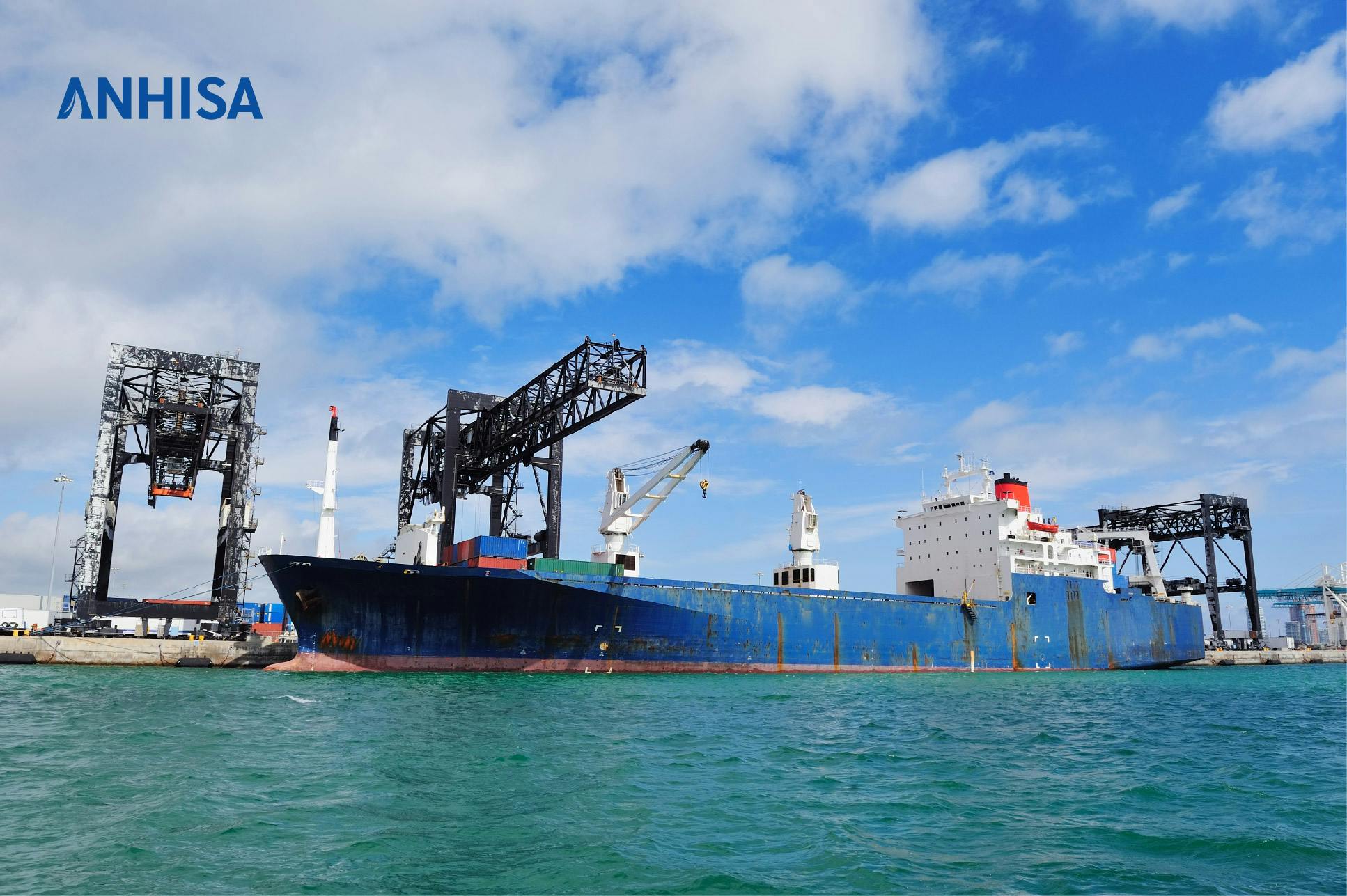Charter Parties: The Complete Guide – Types & Agreements
August 21, 2023
Looking for a comprehensive guide to charter parties? Our page covers all types and agreements, distinguishing us from the competition.
Charter Parties The Complete Guide
Charter parties, the legal contracts for chartering vessels, are the backbone of international shipping. They define the rights and obligations of shipowners and charterers, ensuring smooth operations on voyages. Whether it’s a time charter or a voyage charter, these agreements play a crucial role in facilitating global trade for carriers.
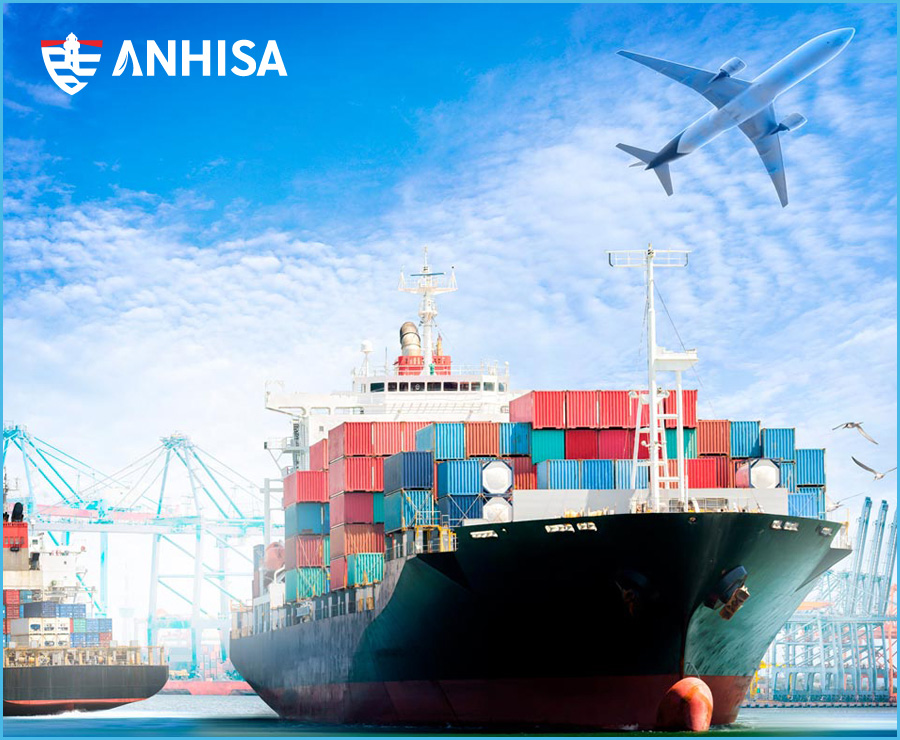
A charter party is not just any document; it serves a specific purpose in the context of chartering. Its clauses, articles, and provisions outline the terms that govern the relationship between parties involved in maritime commerce, typically in a contract. Shipowners carefully craft these agreements, known as charterparties, to protect their interests while meeting the needs of charterers who engage their services as carriers.
Understanding charter parties is essential for anyone venturing into international shipping. From specifying the duration of the charter period to determining responsibilities during loading and unloading, every detail matters in chartering. So let’s dive into this intricate world of maritime contracts and explore how they shape our interconnected global economy, specifically in relation to carrier and specific cargo.
Types of Charter Parties
Time charters
A ship chartering, or time charter, involves leasing a vessel from a ship owner for a specific period. This type of charter party allows the charterer, or carrier, to have exclusive use and control over the vessel during the agreed-upon timeframe. It provides flexibility as the charterer can determine the ports of call and cargo carried.
Voyage charters
Voyage charters in ship chartering involve hiring a vessel for a single journey. Unlike time charters, which focus on an extended period, voyage charters are specific to one trip. The charterer pays the ship owner for transporting goods from one port to another without long-term possession or control over the carrier.
Bareboat charters
Bareboat charters involve ship chartering by leasing a vessel without crew or provisions. In this type of arrangement, the charterer assumes complete responsibility for operating and maintaining the ship during the agreed charter party duration. The shipowner transfers possession and control to the charterer, who becomes the carrier responsible for all aspects of navigation, crewing, and provisioning.
These main types of charter parties, including time charters, voyage charters, and bareboat charters, offer different options depending on the specific needs and requirements of the charterparty, carrier, ship owner, or shipowner. Time charters provide flexibility and extended use, voyage charters focus on individual trips, while bareboat charters grant full control to the lessee. By understanding these various types, individuals and businesses can choose which option best suits their particular circumstances.
Charter Party Agreements
Charter party agreements, also known as charterparty agreements, are legally binding documents that are negotiated between shipowners and charterers. These agreements specify important terms such as freight rates, laytime, demurrage, and more. Here’s a brief overview of charterparty agreements and how they form an essential part of container shipping.
- Charter party agreements, also known as charterparty agreements, are contracts that outline the terms and conditions of the chartering arrangement for container ships. They are typically negotiated between the shipowner, who owns the vessel, and the charterer, who will be using the container ship for a specific period or voyage.
- Charter party agreements include various provisions that define important aspects for ship owners. This includes details about freight rates (the cost of hiring the vessel), laytime (the allowed time for loading and unloading cargo), demurrage (additional fees if there is a delay in cargo operations), and other relevant terms.
- Legally binding documents: Once both ship owners agree to the terms outlined in a charter party agreement, it becomes a legally binding document. This means that both ship owners are obligated to fulfill their respective responsibilities as stated in the agreement.
Charter party agreements play a crucial role in the shipping industry by providing clarity and protection for all parties involved. They ensure that both shipowners and charterers understand their rights and obligations throughout the duration of the charter. Whether it’s a slot charter (a partial space booking) or a demise charter (complete transfer of vessel control), these agreements establish clear guidelines for smooth operations.
The Importance of Charter Parties in International Trade
Charter parties play a vital role in facilitating global trade, ensuring the efficient transportation of goods by sea. These agreements establish clear responsibilities and liabilities for both shipowners and charterers, promoting smooth operations and minimizing disputes. Let’s explore why charter parties are crucial in international trade.
- Facilitate global trade by providing vessel availability: Charter parties enable shipowners to make their vessels available for hire, allowing them to meet the demand for transporting goods across borders. This availability ensures that businesses can access reliable shipping services to move their products worldwide.
- Ensure efficient transportation of goods by sea: By defining the terms and conditions of carriage, charter parties help streamline the logistics process for ship owners. They specify loading and unloading procedures, delivery timelines, and any additional requirements for cargo handling. This clarity promotes efficiency and helps avoid delays or misunderstandings during transit, benefiting both shipowners and the overall shipping industry.
- Establish clear responsibilities and liabilities: Charter parties outline the obligations of both shipowners and charterers, ensuring accountability throughout the voyage. They determine who is responsible for vessel maintenance, crew expenses, insurance coverage, and compliance with maritime regulations. Clearly defined responsibilities minimize uncertainties and protect all parties involved.
Charter Parties and Bills of Lading
A bill of lading issued under charter party terms serves as a crucial document for shipowners in the shipping industry. It provides evidence of cargo receipt and condition, making it essential for transferability and financing.
- Under voyage charters or bareboat charters, a bill of lading is often issued to acknowledge the receipt of specific cargo by the shipowner or charterer.
- This document is essential for shipowners and charterers in the shipping industry as it serves as proof that the cargo has been loaded onto the ship and is in good condition. It is particularly important for both bareboat charter and voyage charter party agreements during the specified charter period.
- Charter parties facilitate the agreement between the shipowner (or bareboat charterer) and the charterer, outlining their respective rights and responsibilities.
- The bill of lading acts as a contract between the carrier (shipowner) and the shipper (charterer), ensuring that both parties fulfill their obligations.
- For freight forwarders, having a bill of lading issued under charter party terms allows them to confidently arrange transportation for their clients’ cargo with the ship owner’s assurance.
- The bill of lading also enables financing options for shippers who may need to use it as collateral or provide proof of ownership for obtaining loans during a bareboat charter, slot charter, or voyage charter party within the charter period.
- In addition to its importance in commercial transactions, bills of lading issued under charter parties serve as critical documents for ship owners’ insurance claims related to damaged or lost cargo.
Charter parties and bills of lading are integral components within the shipping industry. They ensure smooth operations, protect stakeholders’ interests, and provide necessary documentation for various purposes.
Ship Speed and Fuel Consumption in Time Charter
Ship speed plays a crucial role in determining fuel consumption within time charter agreements. The rate at which a vessel travels directly impacts the amount of fuel it consumes during its journey. Here are some key points to consider:
- Slow steaming: Slowing down the ship’s speed can significantly reduce fuel costs. By adopting this practice, charter parties can achieve substantial savings. However, it is important to note that slow steaming also extends the duration of the voyage.
- Cost versus time: When deciding on ship speed, charter parties must strike a balance between cost reduction and voyage duration. While slower speeds may result in lower fuel consumption, they can lead to longer transit times, affecting overall efficiency and profitability.
- Fuel efficiency considerations: In time charter agreements, fuel efficiency is a critical factor that influences financial outcomes. Parties involved must carefully evaluate the impact of ship speed on fuel consumption to ensure optimal profitability.
By considering these factors, charter parties can make informed decisions regarding ship speed and its effect on fuel consumption within time charter agreements. Achieving the right balance between cost reduction and voyage duration is essential for maximizing profitability while maintaining operational efficiency.
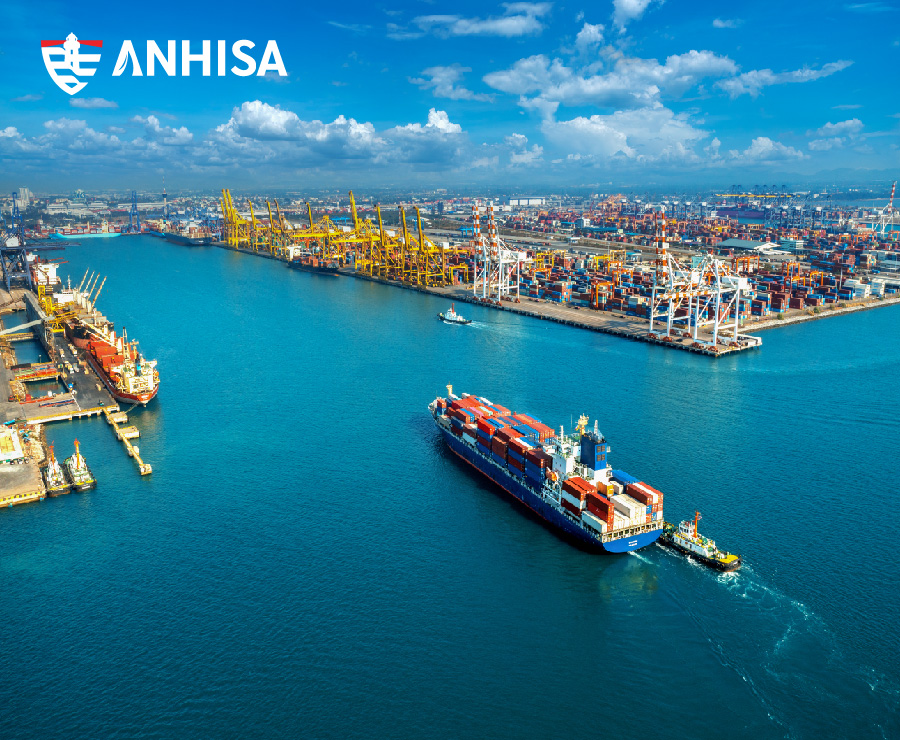
Understanding Laytime and Total Laytime
Laytime, a crucial aspect of charter parties for ship owners, refers to the time allowed for loading/unloading cargo. It determines the financial implications for both ship owners and other parties involved. Exceeding the laytime incurs demurrage charges, resulting in additional costs for ship owners.
Key points to understand about laytime and total laytime:
- Laytime: Laytime is the agreed-upon period during which the charterer has the right to load or unload cargo. It is typically expressed in days, hours, or even minutes. The clock starts ticking once the vessel arrives at the designated port or berth.
- Demurrage: When laytime is exceeded due to delays caused by either party, demurrage charges come into play. Demurrage refers to the money the charterer paid to compensate for the extra time taken beyond the agreed-upon laytime. This ensures that shipowners are compensated for any lost time and potential revenue.
- Financial Implications: Understanding laytime is essential because it directly impacts both parties’ financial interests. For shipowners, shorter laytimes result in quicker turnaround times and increased efficiency. On the other hand, charterers aim to maximize their use of laytime while avoiding demurrage costs.
By comprehending these concepts related to laytime and total laytime, ship owners and other parties involved in charter parties can effectively manage their operations while minimizing potential financial risks.
Remember: Promptly completing loading or unloading operations within the agreed-upon timeframe helps avoid unnecessary expenses and contributes to smoother logistics processes for all stakeholders involved in the ship charter, slot charter, voyage charter party, and charter party chain.
Safe Port Requirements in Voyage and Time Charters
Voyage charters require the charterer to transport cargo from one port to another by ship. In these agreements, it is crucial for the charterer to ensure that the chosen ports for cargo operations meet certain safety requirements. Similarly, time charters impose an obligation on the charterer to nominate safe ports throughout the duration of the agreement.
The selection of a safe port is crucial for ships due to the potential risks involved. Safety concerns encompass navigational hazards, ship security measures, and infrastructure conditions. By considering these factors, charter parties can mitigate dangers and ensure smooth ship operations.
Here are some key points regarding safe port requirements for ships in both voyage and time charters.
- Voyage Charters
- Charterers must carefully evaluate the safety aspects of each port before initiating cargo operations on their ship.
- When entering a voyage charter party, it is essential to consider navigational hazards such as shallow waters, narrow channels, or unpredictable weather conditions that may be encountered during the ship’s journey.
- Security measures at ports are crucial in safeguarding cargo, whether on a ship or on land, from theft or any other criminal activities.
- Time Charters
- The responsibility to nominate safe ship ports lies with the charterer throughout the duration of the contract.
- It is essential for charterers to stay updated on any changes in safety conditions at nominated ports to ensure their ships’ safety.
- Regular communication between all parties involved in the ship ensures that any safety concerns related to the ship are promptly addressed.
Key Takeaways on Charter Parties
Charter parties are critical legal instruments in the maritime industry. They establish rights, obligations, and liabilities between parties involved in international shipping. Here are some key aspects to consider:
- Lesson: Charter parties serve as a vital framework that ensures smooth operations within the maritime sector.
- Aspects: These agreements cover various aspects, including vessel specifications, cargo details, and the duration of the charter.
- News: Staying informed about recent developments and changes in charter party regulations is crucial for all parties involved.
- Details: The terms and conditions outlined in charter parties provide specific details regarding payment terms, insurance requirements, and dispute resolution mechanisms.
- Act: Charter parties act as binding contracts that protect the interests of both shipowners and charterers.
- Fortior: By clearly defining responsibilities and obligations, these agreements fortify relationships between shipowners, charterers, and other stakeholders.
Charter parties play an instrumental role in facilitating international trade by ensuring the efficient transportation of goods across borders. As these agreements govern vital aspects of maritime operations, it is essential for all parties to familiarize themselves with their provisions. Understanding the intricacies of charter parties can help mitigate potential disputes while fostering mutually beneficial relationships within the global shipping community.
Real-world Challenges with Charter Party Disputes
Legal professionals play a crucial role in resolving charter party disputes, which can be complex and challenging. These disputes often arise from breaches of the terms outlined in the charter party agreement. Arbitration is frequently employed as an alternative to court proceedings to settle such disagreements.
The involvement of legal professionals is essential due to the intricate nature of charter party disputes. Breaches of contract terms can lead to various issues, including financial costs, risks, and responsibilities for both parties involved. Here are some examples that highlight the complexities faced in this industry:
- Maintenance Responsibility: Disagreements may arise.
- Demise Charter Issues: A demise charter involves transferring full control and possession of a vessel to another party. However, conflicts may occur regarding the condition or performance of the vessel during this arrangement.
- Country-Specific Practices: Different countries have their own regulations and practices concerning charter parties, leading to potential clashes between international parties.
Arbitration is commonly utilized to settle these disputes outside of traditional court processes. This alternative dispute resolution practice offers several advantages:
- Confidentiality: Arbitration provides a more private setting compared to court hearings.
- Expertise: Parties involved can select arbitrators with specialized maritime law knowledge or specific aspects of their cases.
- Flexibility: The arbitration process allows for tailor-made procedures that suit the unique circumstances of each dispute.
Conclusion
At ANHISA, we have established ourselves as trusted lawyers and counsels for shipowners and charterers involved in charter party disputes. Our extensive experience in practical cases has allowed us to successfully advise and resolve complex situations, such as indemnification requests by shipowners due to early termination breaches.
We understand the importance of finding amicable solutions that benefit all parties involved. However, when negotiations fail, our team at ANHISA is well-equipped to guide shipowners through the arbitration process, ensuring their claims are properly represented.
Our expertise goes beyond shipping knowledge; we possess the technical know-how and strategic insights required to meet our clients’ expectations. With a strong foundation in shipping practice and a track record of working with international and local clients, we are committed to providing efficient, reliable, and personalized service for all your charter party disputes.
If you require assistance in resolving any charter party dispute, do not hesitate to reach out to us for a consultation. We are here to help.
Contact us via:
- Mr. Dang Viet Anh
- Email: [email protected]
- T: +84 28 5416 5873
- M: +84 983 467070
FAQs
Q1: How can ANHISA assist with charter party disputes?
At ANHISA, we offer comprehensive legal counsel and guidance throughout the process of resolving charter party disputes. From negotiation strategies to arbitration representation, we ensure that our clients’ interests are protected.
Q2: What sets ANHISA apart from other law firms?
ANHISA’s unique advantage lies in our deep-rooted expertise in shipping practice combined with years of experience working with international and local clients. Our team possesses the technical knowledge and insights necessary to navigate complex charter party disputes effectively.
Q3: Can ANHISA help with both voyage and time charter disputes?
Yes, our expertise covers both voyage and time charter disputes. Regardless of the type of charter party involved, we have the knowledge and experience to provide tailored solutions for our clients.
Q4: How long does resolving a charter party dispute typically take?
The duration of resolving a charter party dispute can vary depending on the case’s complexity and the parties’ willingness to reach a settlement. At ANHISA, we strive to expedite the process while ensuring thorough representation for our clients.
Related posts
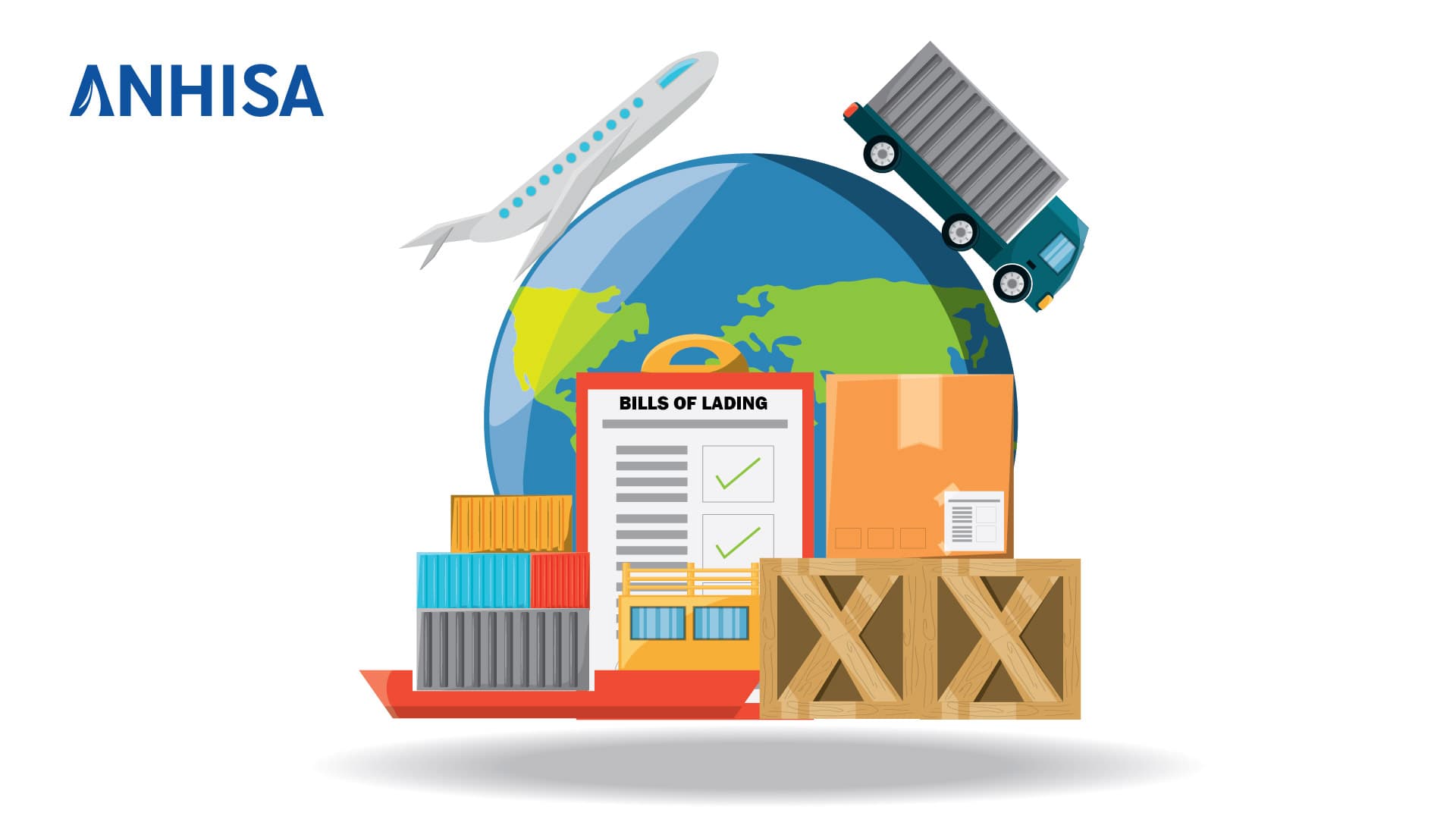
Bills of Lading: Importance for International Shipping
March 19, 2024
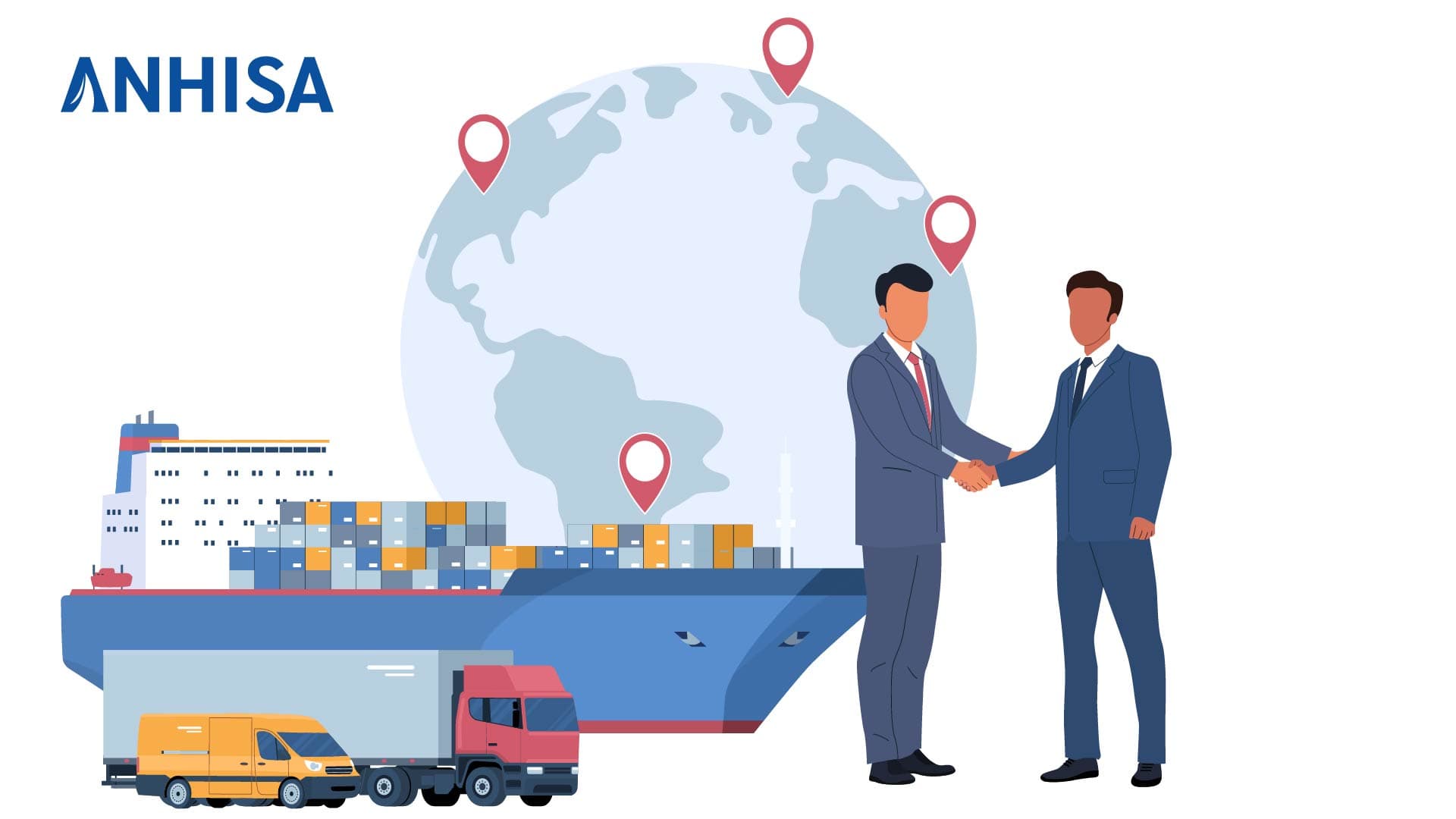
Mediators’ Role in Alternative Dispute Resolution (ADR)
March 13, 2024
- TEL:
- Hanoi Office: +84 24 320 47609
- Saigon Office: +84 28 5416 5873
- HOTLINE:
- +84 (0) 939 117 398
- +84 (0) 983 488 380


